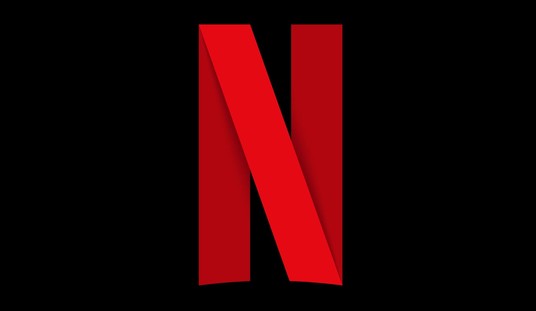As I’ve written before, while I loved Jesse Walker’s Reason essay from last October on “The Paranoid Center,” the title has always thrown me a bit, given how far to the left the political center of gravity has shifted in DC since 2000. (And I’m likely somewhat more moderate than many of the libertarians at Reason; I would imagine whatever passes for today’s “center” most likely seem to be way in the outfield, maybe even the stadium parking lot, from their perspective.)
But changing the emphasis in Walker’s title to the headline written by Glenn Reynolds and quoted above, suddenly it makes perfect sense. It places the paranoia that’s been a part of the far left since their first case of cognitive dissonance caused by the ideology of the man who assassinated JFK, and combines it with Angelo Codevilla’s groundbreaking essay and soon-to-be released book on America’s Ruling Class.
In his post, Glenn links to a recent item from David Kopel at the Volokh Conspiracy, who notes:
Ross Douthat pens another excellent column in yesterday’s New York Times. He observes that “obsessing about the paranoia of the masses is often a way for American elites to gloss over their own, entirely nonsymbolic failures.” For example, “Today, establishment liberals would much rather fret about the insanity of the Republican base than reckon with the unpopularity of Barack Obama’s domestic program.”
For a good example, see this recent episode of Bloggingheads.tv, featuring Michelle Goldberg (The Daily Beast) and Sally Steenland (Center for American Progress) talking each other into ever-higher levels of paranoia against the American people, based on gross misinterpretations of the Tea Party movement.
And Megan McArdle of the Atlantic on Abraham Maslow, the psychologist who famously crafted his eponymously titled “Maslow’s hierarchy of human needs.” McArdle quotes from Keith Humphreys, who writes:
The best sense I can give of how influential Maslow was in psychology in the 1960s and 1970s is that the eminent George Albee ran against him in 1968 for American Psychological Association president and lost by a landslide, leading George to say “My wife and mother voted for Maslow”. Maslow was influential because he was very smart, wrote well, and had many good ideas. But he was also influential because his theory told many of the cultural elites of the era that they were objectively more mental healthy and more psychologically developed than were their opponents. Flattering poppycock, and also dangerously undemocratic.
So in other words, Maslow served as a blank screen on which elite people could project their own views. Not a bad way to get ahead with the Ruling Class, actually.
And finally, speaking of our Paranoid Ruling Class, and those who serve them:
“Audio: Daily Kos Founder Says American Right Wing Would Behead if They Could.”
Nahh–that’s a little too French Revolution for my tastes, but your mileage may vary.
Related:“The Totalitarian Impulse Rears Its Head,” John Hinderaker writes at Power Line.










Join the conversation as a VIP Member